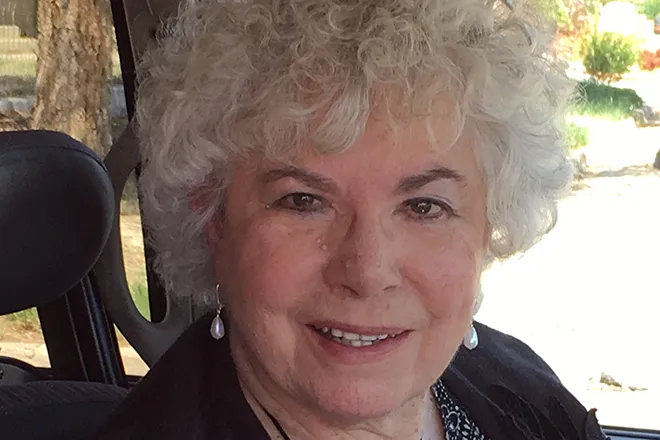
Dear Dietitian – How to make the switch to a vegetarian diet
Dear Readers,
By now, you probably know someone who has adopted a vegetarian diet. Estimates put vegetarianism at around 5% of the American population (1). That may not sound like many, but it comes to roughly 16.5 million people. People cite different reasons for converting to vegetarianism, from better health to environmental factors to better treatment of animals.
There are various types of vegetarians, but all base their diets on plant foods.
- Vegans - eat only plant foods.
- Lactovegetarians - do not eat red or white meat, fish or shellfish, but do drink milk and consume cheese and yogurt.
- Lacto-ovo vegetarians - do not eat red or white meat, fish or shellfish but enjoy milk, eggs, cheese, and yogurt.
- Pescatarian-sometimes considered semi-vegetarian or flexitarian. This group eats fish and shellfish but abstains from red and white meat. Some pescatarians consume milk products and eggs, while others do not.
- Flexitarian - these are vegetarians that cheat. No, really these are people who are in the process of going vegetarian and, on occasion, will eat a meat product
If you are considering vegetarianism, it may be wise to do some meal planning so that you get all the nutrients needed for good health. Below are some important nutrients to consider:
- Iron is needed to take oxygen to our cells. But have no fear, it is abundant in lentils and leafy greens. Vitamin C aids in iron absorption, so have oranges available.
- Calcium is needed for strong bones. Our bodies stop building bone between the ages 18-21, making it important to get this nutrient in your diet every day. Plant sources include fortified soy, almond, and rice milk. Be sure to check the label, as not every product is calcium-fortified. You can also get calcium in certain vegetables, like broccoli and bok choy.
- Vitamin D is needed to lay calcium to the bone and aids in immune health. Our bodies have to capacity to make this vitamin, but it requires consistent sunlight exposure. Keep in mind that the sun is also the leading cause of skin cancer, so choosing fortified foods may be a better option. These include plant-based milks, orange juice, and breakfast cereals.
- Vitamin B12 is needed for proper functioning of the nervous system and in the production of red blood cells. The most reliable source of B12 for vegans is found in fortified foods. However, it is also in dried purple laver, a type of seaweed.
In today’s market, several meat substitutes are fortified with some of the above-mentioned nutrients–again, be a label reader. Of course, there are also vitamin and mineral supplements. If you choose this route, be sure to purchase a supplement with USP on the label. USP stands for United States Pharmacopeia, a non-profit group that tests supplements to be sure they contain what the label claims and can be absorbed by the body.
Until next time, be healthy!
Dear Dietitian
References
- Hrynowski, Z. What percentage of Americans are vegetarian? 2019, Sept 27. Retrieved from https://news.gallup.com/poll/267074/percentage-americans-vegetarian.aspx


















